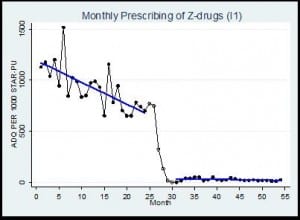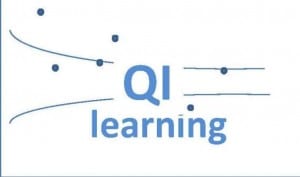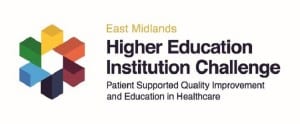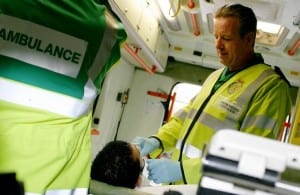 On 4th November 2016, CaHRU played host to an eminent group of researchers, ethicists and patient representatives in a meeting to discuss ethics in ambulance based trials. The group was formed as part of the Network Exploring Ethics in Ambulance Trials (NEAT) project, funded by the Wellcome Trust, which is seeking to understand the issues related to ethics in ambulance trials. The meeting had two main objectives, firstly to update the network on the findings of the NEAT project to date and secondly to discuss potential recommendations and future funding opportunities.
On 4th November 2016, CaHRU played host to an eminent group of researchers, ethicists and patient representatives in a meeting to discuss ethics in ambulance based trials. The group was formed as part of the Network Exploring Ethics in Ambulance Trials (NEAT) project, funded by the Wellcome Trust, which is seeking to understand the issues related to ethics in ambulance trials. The meeting had two main objectives, firstly to update the network on the findings of the NEAT project to date and secondly to discuss potential recommendations and future funding opportunities.
 In the morning presentations by Dr Adele Langlois and Dr Stephanie Armstrong, outlined the findings of the project to date. These included a systematic review of published randomised controlled trials, a review of global and national regulations and the preliminary results of interview studies with expert informants, paramedics and patients who have been involved in ambulance trials. The morning sessions generated a lot of lively debate centring on both consent models and regulations, and in fact where there was agreement and conflict between these areas.
In the morning presentations by Dr Adele Langlois and Dr Stephanie Armstrong, outlined the findings of the project to date. These included a systematic review of published randomised controlled trials, a review of global and national regulations and the preliminary results of interview studies with expert informants, paramedics and patients who have been involved in ambulance trials. The morning sessions generated a lot of lively debate centring on both consent models and regulations, and in fact where there was agreement and conflict between these areas.
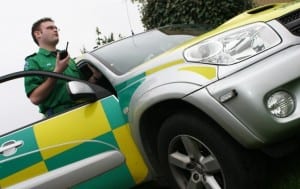 After a pleasant lunch the discussion continued with possible recommendations of the project being that more work need to be done to clarify the guidance and regulations ultimately leading to a code of practice for ambulance trials and accompanying common ethics framework. Funding opportunities were discussed and the day ended with an agreement that there should be a commitment to continue the work of the network through collaborative research opportunities.
After a pleasant lunch the discussion continued with possible recommendations of the project being that more work need to be done to clarify the guidance and regulations ultimately leading to a code of practice for ambulance trials and accompanying common ethics framework. Funding opportunities were discussed and the day ended with an agreement that there should be a commitment to continue the work of the network through collaborative research opportunities.
By Dr Stephanie Armstrong



